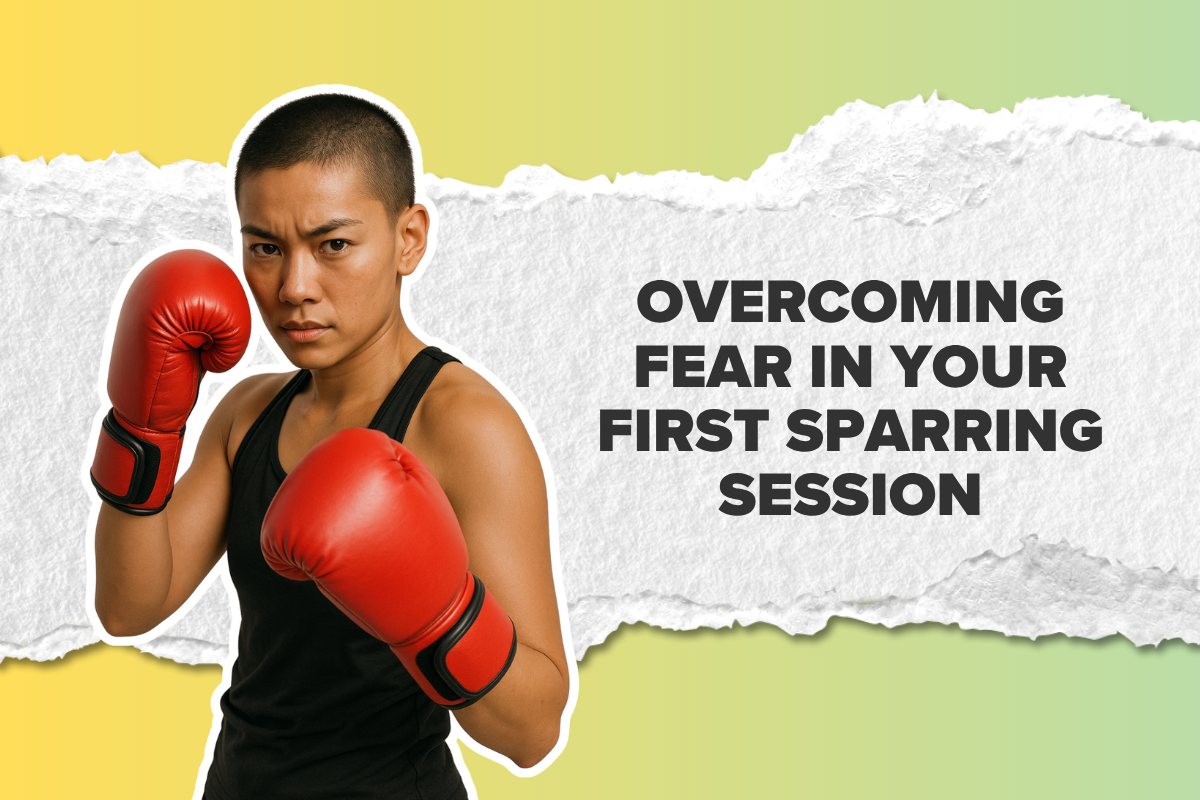In boxing, physical strength and technique are essential—but the true edge often comes from what’s going on up top. The ring is as much a mental battlefield as it is a physical one. Whether you’re stepping into your first sparring session or preparing for a major fight, your mindset can make the difference between victory and defeat.
Here’s how the psychology of winning works in boxing—and how you can sharpen your mental game to fight stronger, smarter, and more confidently.
1. Winning Starts in Your Mind
As one coach put it: “Boxing is 90% mental, 10% physical.”
What that means: your mental strength, resilience, and focus will often determine whether your physical skills translate into wins.
When you believe you can win, you fight differently—you’re sharper, more composed, and more strategic. You move from reacting to acting.
2. The Champion Mindset vs. The Ego Mindset
One big psychological shift at the heart of winning: adopting a growth-oriented champion mindset rather than competing purely for ego or outcome.
-
Champion mindset: Focuses on learning, improvement, resilience, doing the work, and embracing setbacks as feedback.
-
Ego mindset: Focuses on winning at all costs, proving something, and avoiding failure.
The champion mindset helps you stay steady even when you’re behind, because you’re invested in the process and your own growth—not just the trophy.
3. Confidence Built Through Preparation
Confidence isn’t just “feeling good.” It’s earned through training, repetition, mastering fundamentals, and facing challenges.
In boxing:
-
You drill your combinations.
-
You invest in conditioning.
-
You train defense until instinct kicks in.
When fight night comes, you’ll rely on that groundwork—and your confidence comes because you know you did the work.
4. Visualization and Mental Rehearsal
Champions use their mind just like their muscles. Visualization is a powerful tool—they mentally rehearse not only the win, but the obstacles, the pressure, even the potential losses, and how they respond.
For example:
-
Picture yourself entering the ring, calm and composed.
-
Visualize throwing the combination, slipping the counter, and feeling the guard go up.
-
Mentally prepare for things going wrong—and seeing yourself stay focused anyway.
This rewires your brain so when the heat turns up, you’re less surprised and more prepared.
5. Managing Pressure, Anxiety & Fear
Boxing brings intense moments—crowds, stakes, adrenaline, expectation. How you manage those makes a huge difference.
Strategies:
-
Recognize that nerves are normal—they’re your body getting ready.
-
Use controlled breathing to calm your nervous system.
-
Focus on what you can control (your effort, your guard, your strategy), not what you can’t (opponent’s style, crowd, outcome).
-
Develop a pre-fighter routine that grounds you and keeps you in the moment.
When pressure comes, clarity comes from preparation + mindset.
6. Resilience: Bouncing Back from Setbacks
Winning isn’t just about one fight—it’s how you respond when you lose, when you’re hurt, when you’re behind. The psychology of winners includes resilience.
In the ring or in life, you will:
-
Get hit.
-
Mess up a round.
-
Have a bad camp.
What matters is: you recover. You learn. You return stronger. That mindset of what next instead of how bad builds winners.
7. Focus & Attention: Staying Present
In boxing, split-second decisions matter: a jab, a slip, a pivot. Being mentally present gives you that edge.
Techniques:
-
Use drills that force focus under fatigue.
-
Practice mindfulness or short meditation to improve present-moment awareness.
-
During rounds, simplify your internal dialogue: “guard,” “jab,” “move,” rather than overthinking.
When you’re present, you react less and respond more.
8. Self-Talk, Thought Patterns & Beliefs
Your internal dialogue matters. In the ring, “I can’t” or “I’m tired” becomes a real power leak. Winning boxers cultivate constructive self-talk and beliefs.
Examples:
-
Replace “I hope I can do this” with “I’m ready and I will move.”
-
Frame adversity as “this is teaching me” rather than “this means I failed.”
-
Anchor yourself in facts—“I trained hard, I prepared, I know what to do.”
Your mind becomes your ally—not your saboteur.
9. Routine, Rituals & Habit
Winning isn’t just a 10-minute fight; it’s built over thousands of sessions. Routine builds the mental habit of winning.
Include:
-
Warm-up rituals that center you.
-
Visualization before workouts.
-
Post-session reflection: what went well, what to improve.
When your mind operates with routine, you conserve energy for performance—not prepping thoughts in the moment.
10. Translating Winning Psychology Into Everyday Life
The mindset you build in the ring bleeds into life. Confidence, resilience, and focus—they matter in work, relationships, and self-belief. For women especially, mastering this psychology means owning your presence in all spaces.
Whether you face a business challenge, a personal goal, or just a tough day, what you learned in boxing applies. The habits of winners persist beyond the gym.
Final Thoughts
Winning in boxing isn’t simply about athleticism—it’s about becoming mentally elite. It’s about feeling fear and moving anyway. It’s about staying calm under fire and trusting your training. It’s about showing up again when most would fold.
When you focus as much on your mind as your body, you become unstoppable. You fight with heart, skill, and clarity.
And if you’re ready to channel that mindset with gear that supports your training and your journey, check out KO Studio, a women’s boxing gear company built to help fighters feel strong, confident, and empowered inside and out.



